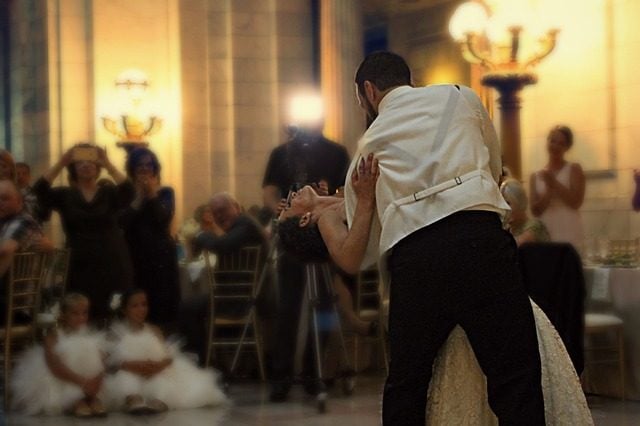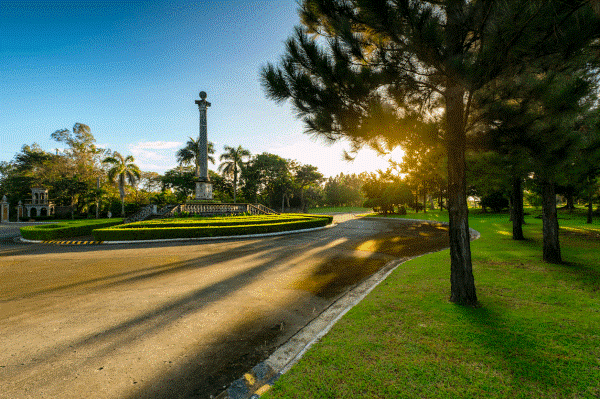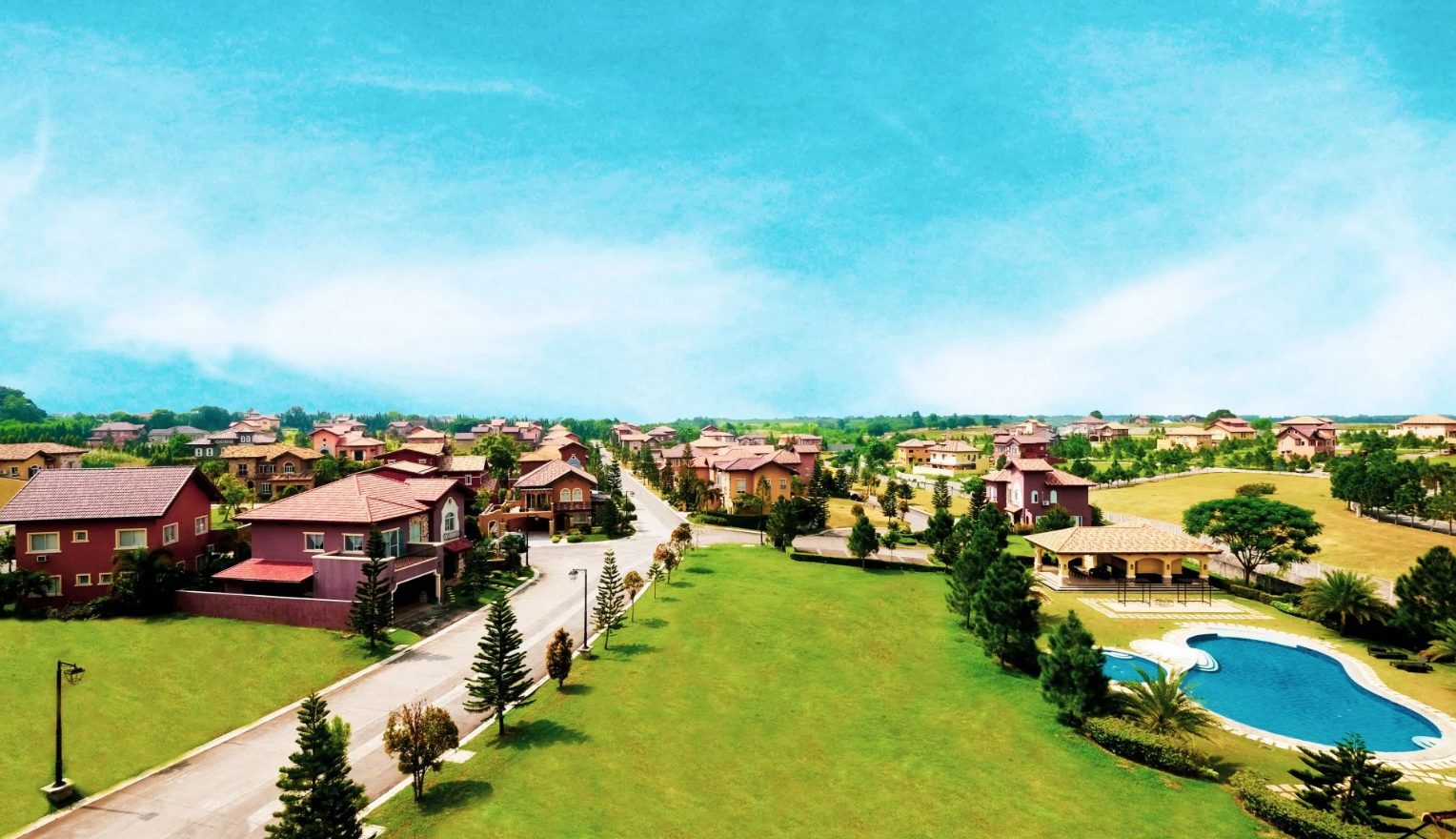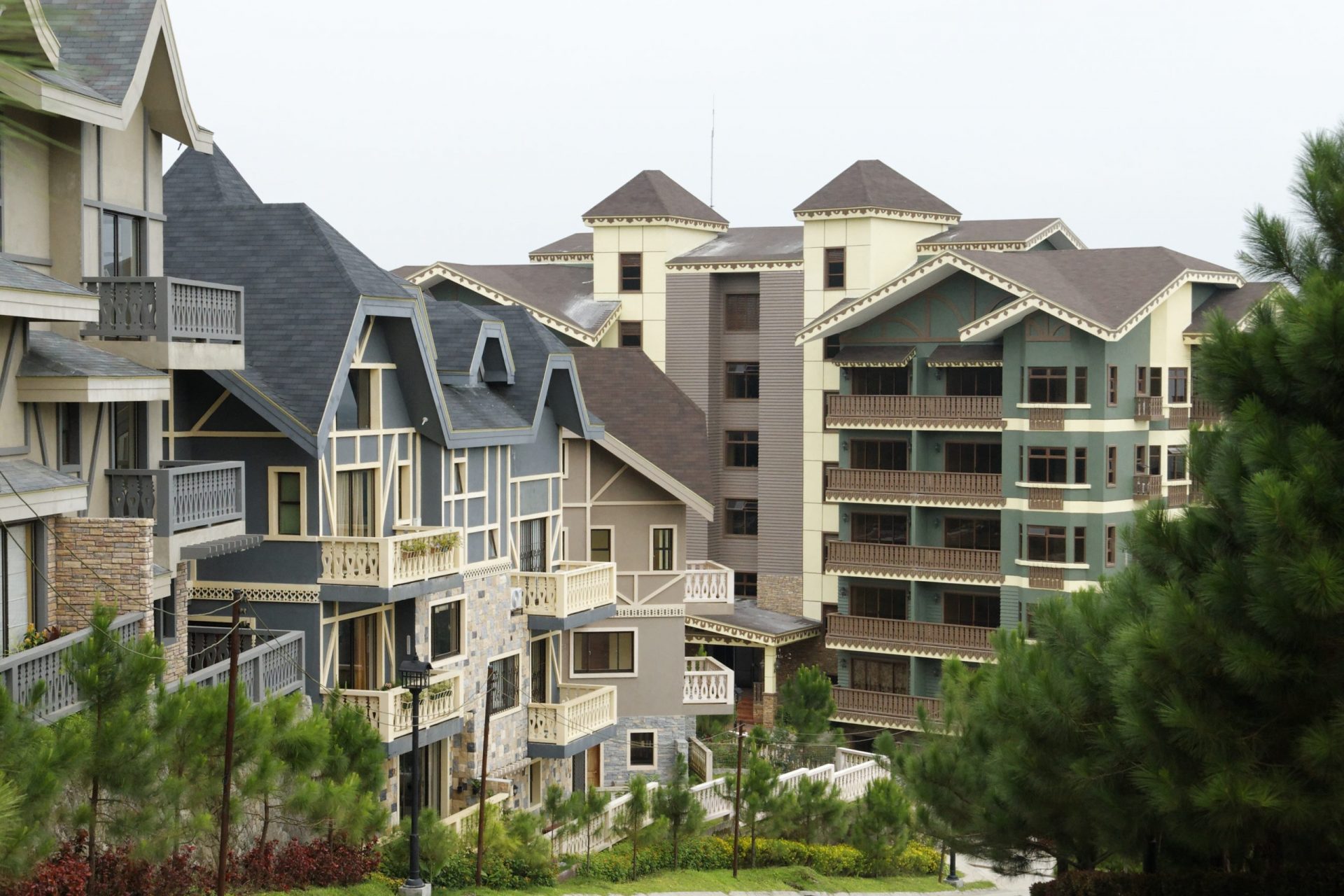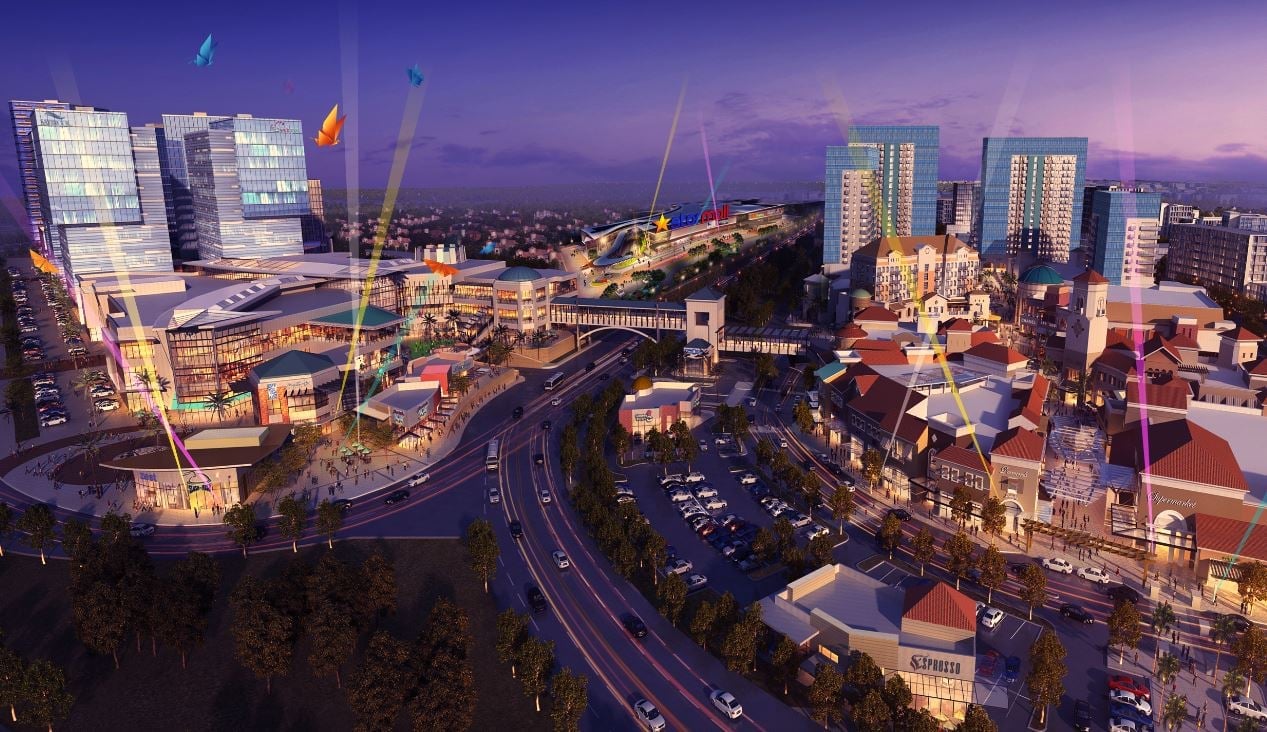BLOGS
National Building Code: Everything You Need To Know
Building codes are guidelines for engineers, builders, architects, and engineers to create a home, building, or structure that would be safe and secure. In the Philippines, the government enacted the National Building Code.
What is the National Building Code of the Philippines?
Republic Act No. 6541 or the National Building Code of the Philippines is a law that answers the demand for urbanization. It aims to ensure the developers will follow the implementation of the latest technical knowledge on building design, construction, occupancy, maintenance, and use.
If you plan to build an establishment, there are several provisions o this Code that you should remember.
What are the General Building Requirements?
The general building requirements as per Section 104 of this Code are as follows:
- All buildings or structures as well as accessory facilities shall conform in all respects to the principles of safe construction
- Buildings or structures intended to be used for the manufacture and/or production of any kind of article or product shall observe adequate environmental safeguards
- Buildings or structures and all parts thereof as well as all facilities.
What are the Site Requirements?
Section 105 provides the requirements for a site to be constructed. The land or site upon which the building or structure will be constructed shall be sanitary, hygienic, or safe.
If the buildings will be used for human habitation or abode, the same shall be at a safe distance from streams or bodies of water and/or sources of air considered to be polluted; from a volcano or volcanic site, and any other building considered to be a potential source of fire or explosion.

What is a Building Permit?
Section 301 provides that no person, firm, or corporation, including any agency or instrumentality of the government, shall construct, alter, repair, move, or demolish any building without obtaining a building permit from the building official.
The owner or applicant needs to secure a building permit from the building official before constructing, repairing, or demolishing a building in the area. A building official is a person who has the authority to conduct site inspections to check if the construction of the building is in compliance with the provisions of this code.
How to Apply for a Building Permit?
The applicant shall file an application in writing and on the prescribed form from the Office of the Building Official. The application shall have the following information:
- A description of the work to be covered by the permit applied for
- A certified true copy of the TCT covering the lot on which the proposed work is to be done. If the applicant is not the registered owner of the lot or property, a copy of the contract of lease shall be submitted in addition to the TCT.
- The planned use or occupancy for the proposed work
- The estimated cost of the proposed work
Submit also at least five sets of corresponding plans and specifications prepared, signed, and sealed by a duly registered mechanical engineer in case of mechanical plans, and by a registered electrical engineer in case of electrical plans, except those who are exempted or not required by provisions of the Code.
How Are the Building Permits Processed and Issued?
According to Section 303, the processing of building permits shall be under the overall administrative control and supervision of the building official and his technical staff of qualified professionals.
The applicant must satisfy and conform to the approved standard requirements or zoning and land use, lines and grades, structural design, sanitary and sewerage, environmental health, electrical and mechanical safety, as well as with other rules and regulations promulgated by the provisions of this Code.
Once all the requirements are satisfied, the building official shall, within 15 days from the payment of the required fees by the applicant, issue the building permit.
The building official may only issue a permit for the construction of a part or portion of a building or structure whenever the plans and specifications submitted in the application do not cover the entire building or structure.
Note that the approved plans and specifications shall not be changed, modified, or altered without the approval of the building official.
What is the Validity of the Building Permit?
A building permit shall expire and become null and void if the building or work authorized is not commenced within a period of one year from the date of the issuance of the permit, or if the building or work is suspended or abandoned at any time after it has been commenced for a period of 120 days.
May a Building Permit be Revoked, Suspended, or Not Issued?
Yes, it may be possible. According to the Code, a building official may order or cause the non-issuance, suspension, or revocation of building permits if any of the reasons or grounds are present:
- Errors found in the plans and specifications
- Incorrect or inaccurate data or information supplied
- Non-compliance with the provisions of this Code or of any rule or regulation.
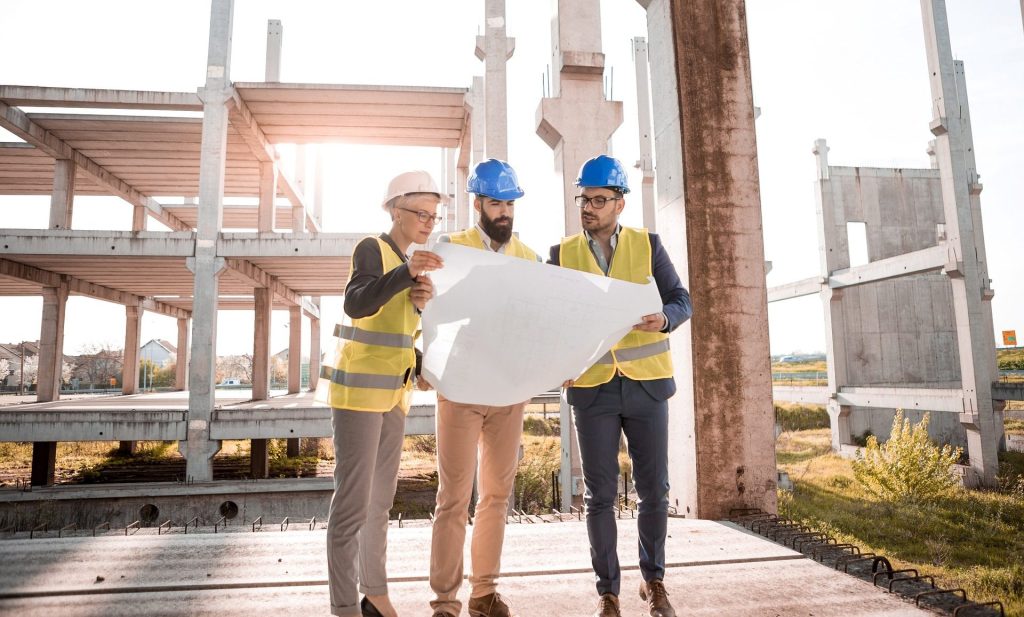
How may a Work be Inspected or Supervised?
The owner who is issued a building permit must hire a licensed architect or civil engineer to undertake the full-time inspection and supervision of the construction work. The architect or civil engineer may or may not be the same who is responsible for the design of the building.
The architect or civil engineer has the right to conduct an inspection of the construction work to check and determine if it is compliant with the plans and specifications of the building as submitted.
The job site shall keep a logbook at all times where the actual progress of the construction, such as the tests conducted, weather conditions, and other pertinent data, will be recorded. And when the construction is complete, the architect or civil engineer shall submit the logbook duly signed and sealed to the building official.
The logbook is one of the essential requirements for a final inspection to determine if the building is ready for occupancy. Once the building is approved, a Certificate of Occupancy shall be issued within 30 days after the final inspection. The building shall be unoccupied until the date of the effectivity of the Certificate of Occupancy.
Who is Exempted from the NBCP?
Section 209 provides for those who are exempted under the provisions of the Code. Public buildings and traditional indigenous family dwellings shall be exempt from payment of building permit fees.
The Code defines “traditional indigenous family dwelling” as a dwelling intended for the use and occupancy by the family of the owner only and constructed of native materials such as bamboo, nipa, logs, or lumber, the total cost of which does not exceed P15,000.
What are Dangerous and Ruinous Buildings or Structures?
The National Building Code of the Philippines ensures that there won’t be any dangerous or ruinous buildings. As defined under the Code, dangerous buildings are those declared as structurally unsafe or not provided with safe egress, or which constitutes a fire hazard, or are otherwise dangerous to human life, or a hazard to safety or health or public welfare because of inadequate maintenance.
If a building or structure is found to be dangerous or ruinous, the first thing that the building official must do it to order its repair, vacation, or demolition depending on the degree of danger to life, health, or safety. Further action may also be taken under the provisions of Articles 482 and 694 to 707 of the Civil Code of the Philippines.
You Shall Be Safe With Brittany
Make sure the property you want to live in must be safe, secure, and away from danger. At Brittany Corporation, we take pride that our luxury homes are in compliance with the rules and regulations of the National Building Code.
Our house and lot properties for sale are available in various places in Metro Manila and its nearby provinces. We guarantee that you will experience a world-class home for a fraction of the price.
Want to know more about us? Visit our website, LinkedIn, and Youtube to learn more about our Brittany Homes.
Suggested Read: Average Construction Cost Of Luxury Homes In The Philippines
Suggested Read: DPWH’s Green Building Code: What You Need To Know
Suggested Read: Architects And Engineers: The Perfect Team
Suggested Read: Licenses And Permits For Your Business
Suggested Read: A Guide For Your Dream Home



